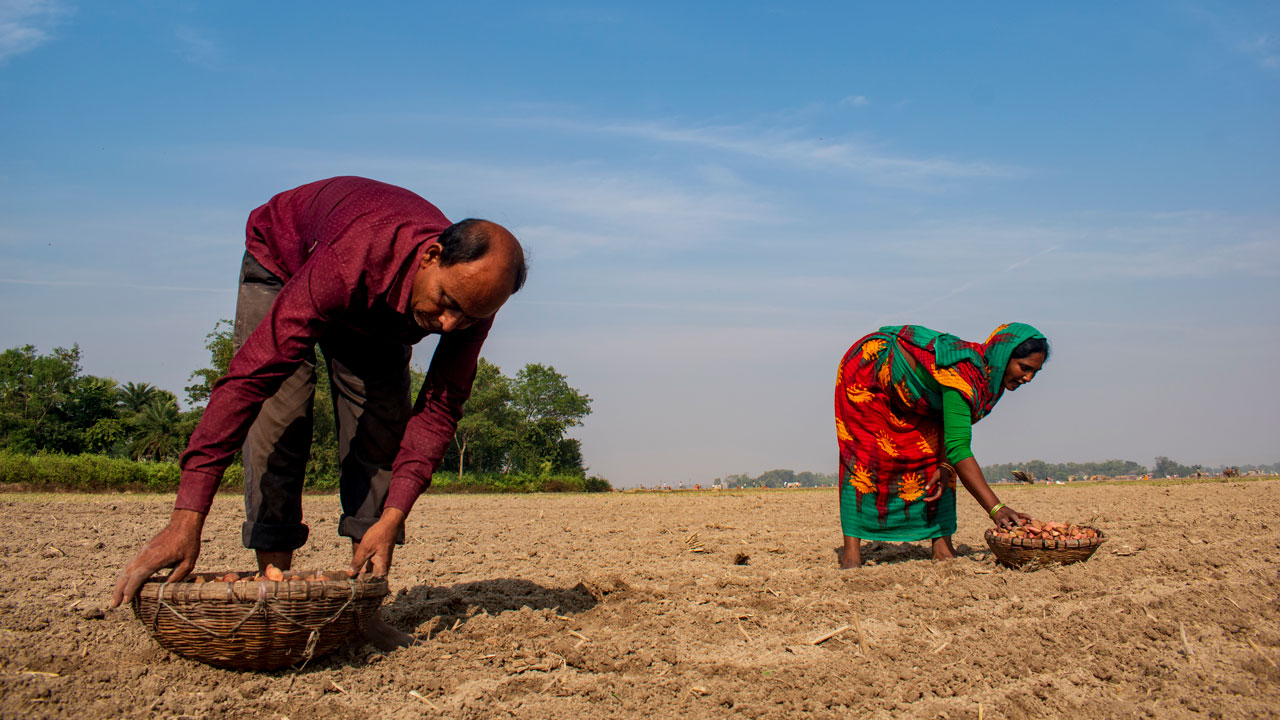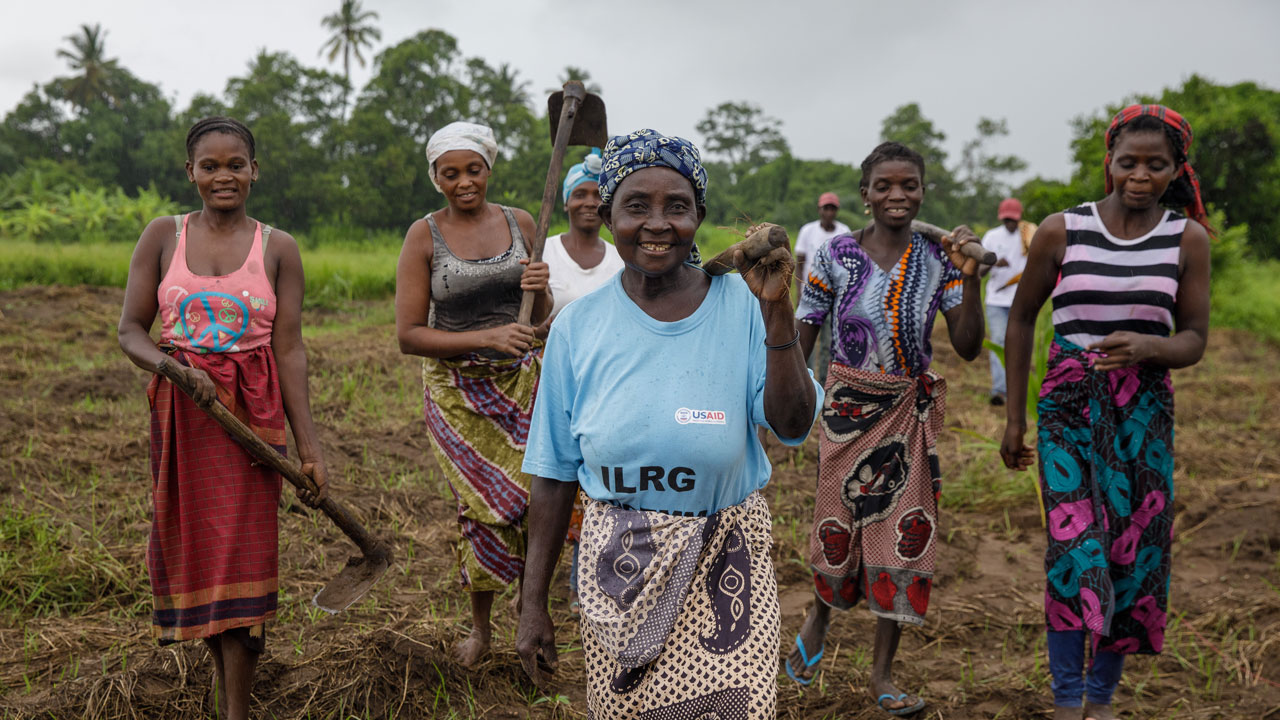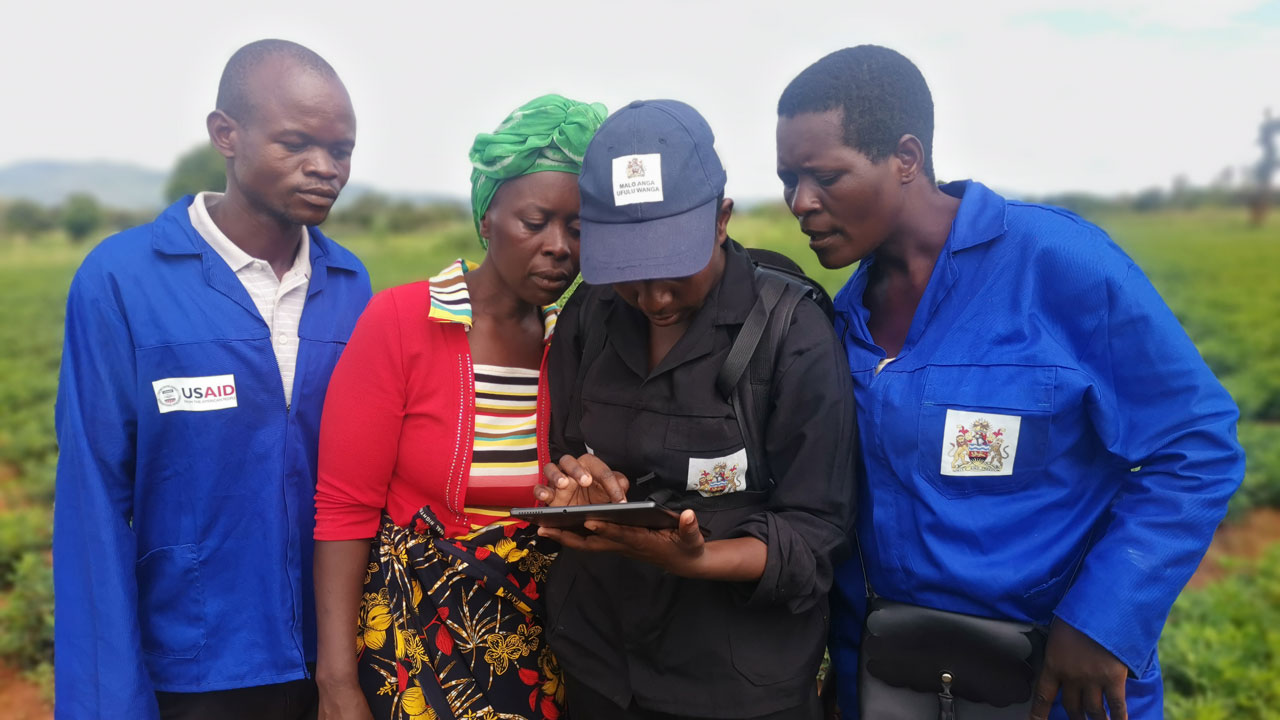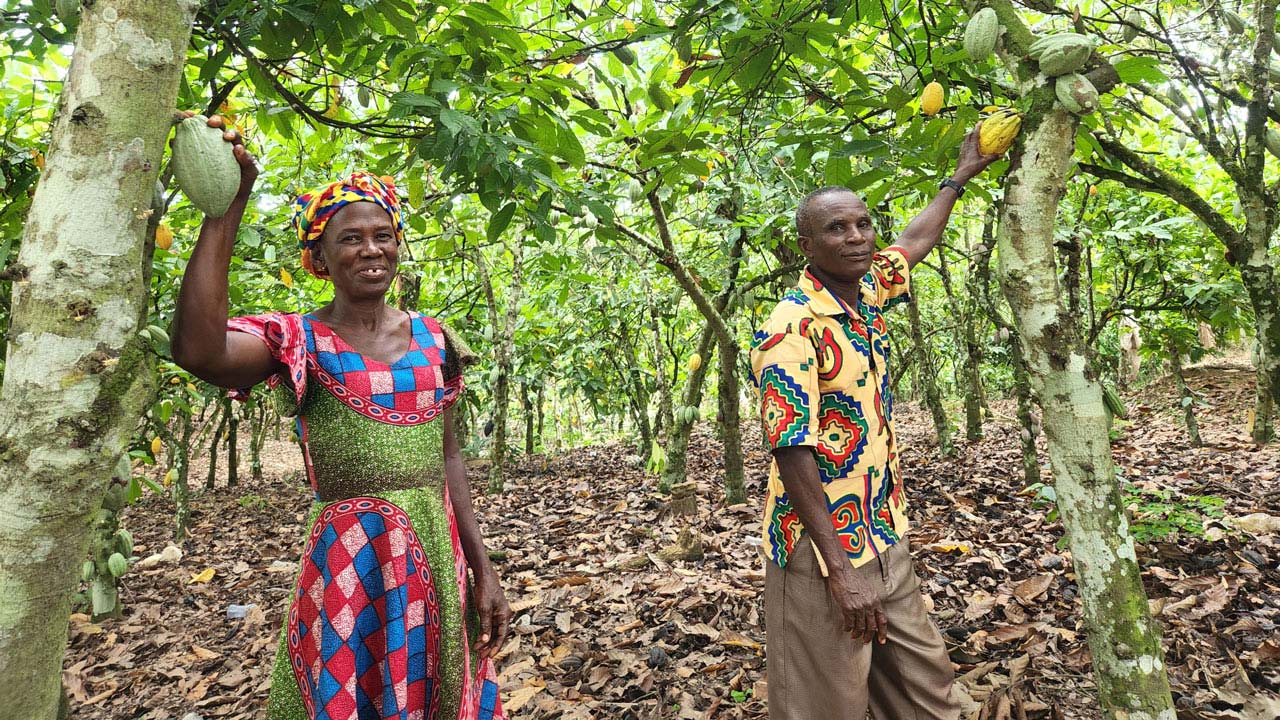
Tetra Tech helped strengthen tenure security, formalize property rights, enhance resource governance efforts in India and sub-Saharan Africa, and also supported broader global learning around land and resource governance.
In low- and middle-income countries, approximately 70 percent of land is unregistered, leaving hundreds of millions of households without secure land rights. Weak individual and household property rights, lack of general knowledge about existing laws, and the inability of governments to enforce existing rights all combine to limit stability and economic growth.
Benefits
- 548,000 adults—50 percent women—gained documented land rights
- 1.4 million hectares of biologically significant land under improved management
- 280 laws, policies, or regulations analyzed, adopted, or implemented
- 7,000 people leveraged documentation for access to financial inclusion
Through the Integrated Land and Resource Governance (ILRG) program, funded by the U.S. Agency for International Development (USAID), Tetra Tech supported governments, communities, civil society, and the private sector to:
- Develop and implement inclusive land and property rights, laws, and policies
- Build institutional capacity to administer land
- Facilitate responsible, gender-responsive land-based investments that benefit communities, investors, and the public
By improving land tenure security and resource rights, ILRG supported broader development outcomes including improved resilience to extreme weather events, conflict prevention and mitigation, women’s economic empowerment, and inclusive economic growth. In addition, communities benefited through increased agricultural productivity and food security, biodiversity conservation, and sustainable natural resource management. ILRG worked in the Democratic Republic of Congo, Ghana, India, Liberia, Madagascar, Malawi, Mozambique, and Zambia.
Addressing harmful gender norms is critical to strengthening women’s land rights and was a key facet of the ILRG’s work. With support from USAID, the program adapted and developed context-appropriate tools, guides, and training materials to support gender-responsive land documentation while building women’s capacity to meaningfully participate in land and resource governance bodies. Tetra Tech shared best practices within the international development community, national governments, and non-governmental partner organizations across Ghana, India, Malawi, Mozambique, and Zambia.
At a glance
Contract value
$25.2M
Client
U.S. Agency for International Development
Implementation period
2018–2023
Services
Land rights, climate change, GESI, natural resource management, artisanal and small-scale mining


